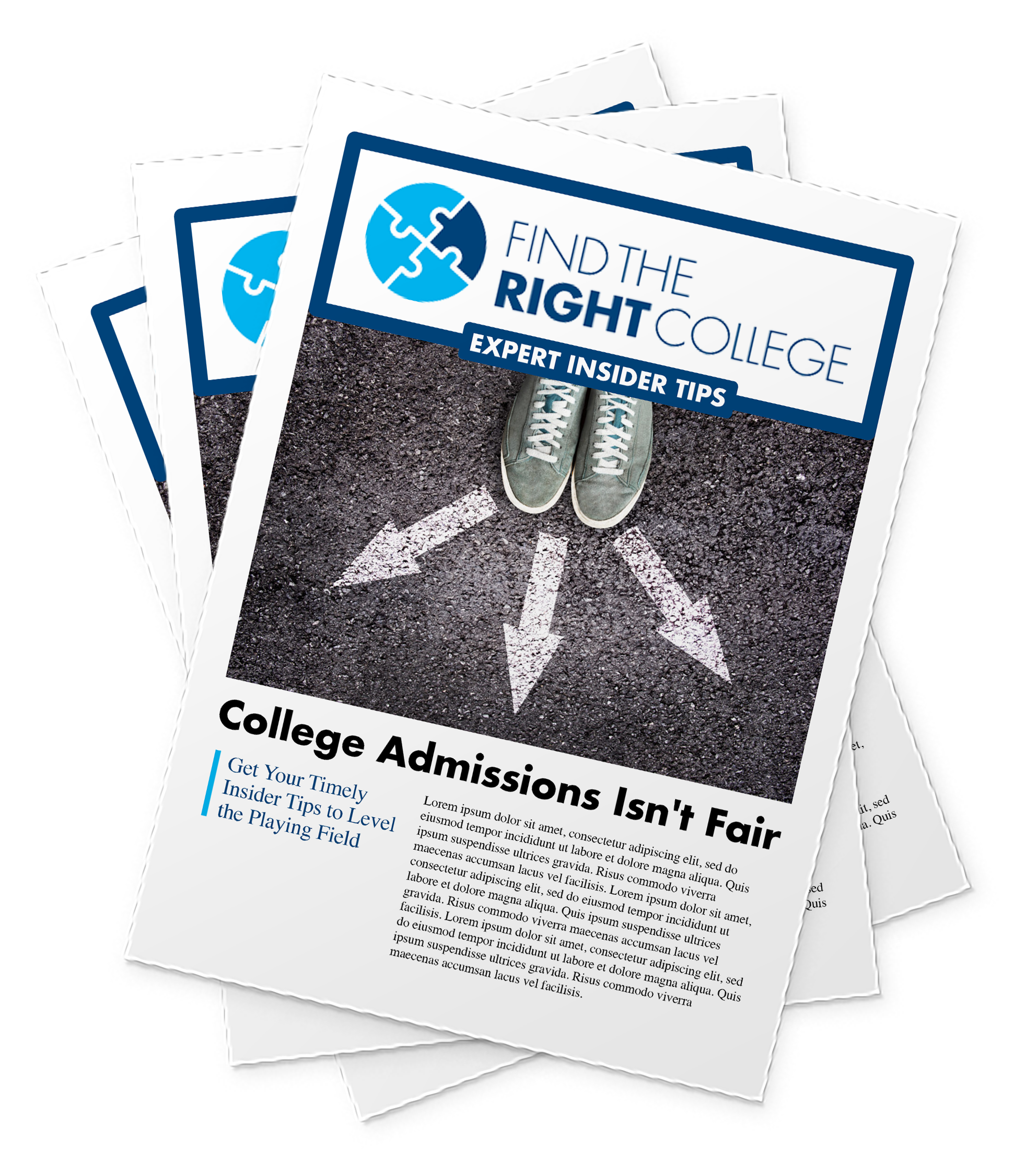It will get easier for U.S. students to gain admission to American colleges in the coming years, but the climate for families weighing that decision is growing far more uncertain.
Higher education institutions are facing a convergence of challenges: fewer international students, a shrinking pool of domestic high school graduates, fiscal pressures from federal budget cuts and new taxes, skepticism about the value of a college degree, the chilling effect of general unemployment and doubts about sustained financial aid offerings.
Financial Anxiety from Unemployment
General unemployment is making it increasingly difficult for families to commit to the costs of college. When job security feels shaky and layoffs become more common, households hesitate to invest substantial resources in tuition, fearing they may need those funds for immediate needs or may not be able to cover costs through all four years. This financial anxiety is fueled by rising unemployment, especially among college graduates. This pushes families to reconsider whether now is the right time for a large educational investment.
Uncertainty About Financial Aid
At the same time, reductions in federal spending on education are eroding trust in the stability of student aid programs. Recent cuts and new constraints mean families are less confident that financial aid offerings will remain intact for all four years of a college degree. With Congress reducing support and new taxes impacting budget planning, many colleges face challenges maintaining scholarships and grant packages. This uncertainty makes the commitment to higher education even riskier for families; logically, they may worry funding could disappear before their student graduates.
The Reluctance of Admissions Experts
Most college admissions experts are reluctant to openly discuss how admissions may be getting easier for U.S. students. This is largely because elite colleges and the press have fixated for decades on rising selectivity and record-low acceptance rates—creating a well-worn path in describing the scarcity of Ivy League admissions offers. Plus, no expert wants to give families a false sense of confidence about getting into elite college or risk downplaying the very real disappointment that can come with college rejection. As a result, the national conversation still centers on exclusivity, even as underlying access trends begin to shift.
Waning Confidence in the Value of a Traditional College Degree
Many Gen Z students and their parents recognize that AI is changing the future of work. It feel routine, in turn, to read reports about tech wizards and entrepreneurs opting out of a conventional education. And on a larger scale, half of Americans say it is less important to have a college degree today than it was 20 years ago.
Additional Trends Impacting Admissions
Colleges are already experiencing a substantial decline in international student enrollment, meaning there will be more available seats for domestic applicants. Meanwhile, the U.S. faces a demographic decline as the number of high school graduates is projected to drop substantially in the coming years, intensifying competition among colleges to enroll American students. The added pressure of reduced federal support and financial volatility further incentivizes colleges to grow domestic enrollment wherever possible.
Why This Will Change College Admissions
The combined effect of these trends is clear: with economic uncertainty, shakier job prospects for graduates, and doubts about the consistency of financial aid, U.S. institutions are more motivated than ever to recruit and support domestic students. Yet for many American families, the choice to invest in a four-year college degree is now a far riskier decision—one complicated by fears of a volatile job market and diminished confidence in aid. As a result, while gaining admission will be getting easier, many teens’ decisions to attend feels more fraught with uncertainties than it has in decades.
Fitz has dedicated the entirety of his 28 year career to encouraging higher education opportunities. He worked in the Vanderbilt, Duke Law and St. Lawrence admissions offices prior to serving as an enrollment management consultant for 200+ selective colleges around the country. He created Find The Right College to make trustworthy college counseling more accessible. Fitz is also the father of two teens so he also understands first-hand the challenges associated with a college search.



